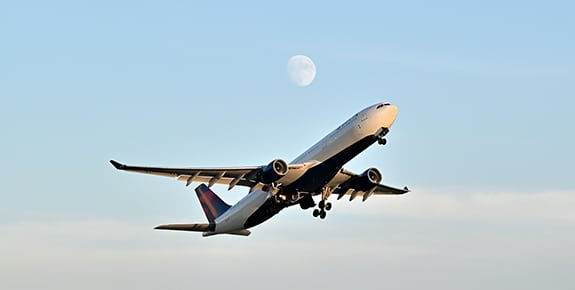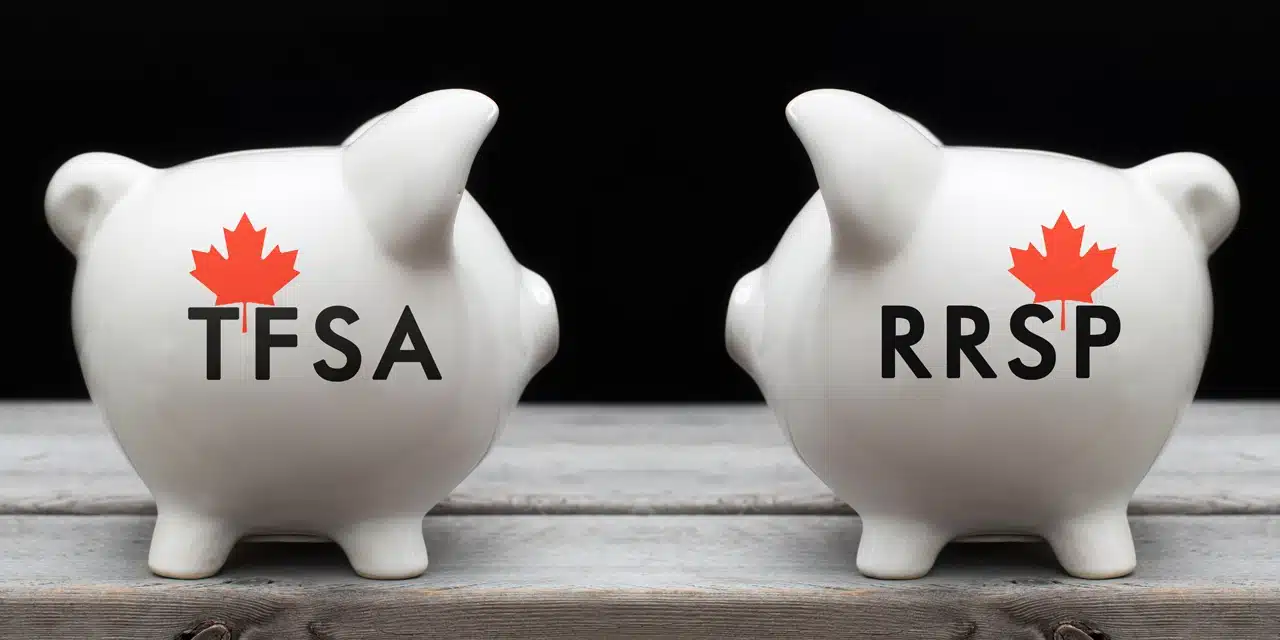By Harvest ETFs
The North American travel & leisure industry began its post-pandemic recovery in 2022. Airlines, cruise lines, hotels, resorts, casinos and online booking services all began to post recovery figures – revenues and volumes matching or exceeding their 2019 levels. Key airlines were quickly weaned of pandemic-related government supports and began posting profitable quarters and forecasting even stronger.
In 2023, that trend has continued and even accelerated globally with new markets reopening and travelling again. Despite broadly difficult market conditions, the travel & leisure sector has tended to outperform through much of Q1, with key companies beating expectations and forecasting growth.
The Harvest Travel & Leisure Index ETF (TRVL:TSX) has been capturing that positivity. The ETF is unique in Canada for capturing multiple sectors connected to the Travel & Leisure industry. Its index portfolio holdings include airlines, cruise lines, hotels, resorts, casinos, and online booking services. The portfolio manager responsible for that ETF attributes the sector’s positive performance to a combination of long- and short-term factors.
“The overall investment case for this ETF comes down to the mass retirement of baby boomers, who will spend more on recreation, and the peak earning years of millennials – who prefer to spend on experiences,” said Kushal Agarwal, portfolio manager at Harvest ETFs. “In the shorter term though we are seeing positive tailwinds from post-pandemic pent-up demand, and the recent recovery of key global travel markets, most notably China.”
Why China is travelling again
China finally ended its zero-COVID policy in January of 2023, and reopened the world’s second-largest economy to travel. Agarwal noted that of all the holdings in TRVL, those with exposure to China—notably Casino holdings exposed to Macau—have tended to outperform year-to-date as investors price in a move in revenues towards pre-pandemic levels.
Agarwal noted that China is still recovering, and delays in passports and permitting for travelers as well as licensing for pilots means that the full-force of reopening is yet to unleash. Nevertheless, the fact that travel/recreation businesses in China (unlike their north-American counterparts) didn’t cut staff throughout their lockdowns means the travel industry in China is well-equipped to handle and fully benefit from the incoming demand surge.
China’s reopening is predicted to generate a rapid recovery in the travel industry overall. Agarwal noted that China’s impact on the US travel industry may be under appreciated. In 2019, China’s outbound travellers were no. 1 by spending as a group in the US. That economy’s notable travel appetite seems to be coming back.
While China recovers, North America focuses on profitability
While China is still in recovery mode, Agarwal explained that most North American travel businesses have already met or exceeded the volumes and revenues they lost during the pandemic. Because North American travel demand proved so voracious and resilient in 2022, however, many of those companies had to re-scale quickly. Now those companies are focusing on optimization and profitability. They are finding key efficiencies where they can as they capture the more structural long-term tailwinds Agarwal sees in this space. Agarwal explained that the range of forecasts offered at a recent JP Morgan conference on the Travel industry skewed very positive on the back of strong ongoing tailwinds.
Those tailwinds of retiring baby boomers, wealthier millennials, the return of the business traveler, and the growing popularity of travel overall are not immune to economic volatility. Despite outperforming in Q1 of 2023 while recessionary fears rose, many travel stocks tend to exhibit higher volatility and as a consumer discretionary business they can come with some risks.
That is why the Harvest Travel & Leisure Index ETF holds a diversified portfolio of over 30 leading businesses. Its index tracks the 30 largest North American travel businesses by market cap, with diversification across business sectors and styles. The result is an ETF designed to encompass the whole travel sector, and its many global influences, without too much exposure to one area.
“There’s strong positive forces for Travel, in the short- and long-term,” said Agarwal. “Even the concerns around our broader macro environment have not yet filtered into travel data. Guidance is still strong, people want to travel.”













